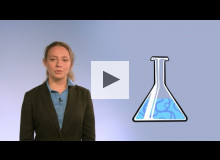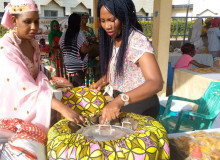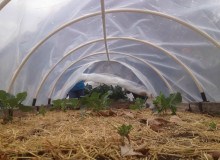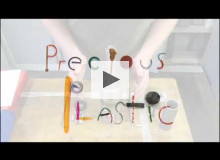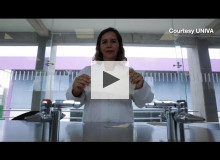innovation
George Washington University
Bacteria can detect, quantify, and remove dangerous chemicals from the environment at a cheaper and faster rate than other technologies, making it ideal for superfund sites, and low-income countries.
Planet Forward Correspondent | UC Berkeley
A deep dive into how the San Francisco crab fishers are innovating their industry to save whales.
Mandela Washington Fellow
Most people in sub-Saharan Africa still use a wood fire to cook food. Aisata Ibamie, a young renewable energy engineer from Cameroon, has a low-tech solution to reduce indoor air pollution and save trees.
Mandela Washington Fellow
A former tech worker turned eco-entrepreneur in Ghana works to intercept plastics on the way to the landfill by repurposing the plastic into an award-winning building product.
Northwestern University
Drawn together like a pair of subatomic particles of opposite charge, scientist duo Chanel La and Chris Tonge are making discoveries in medicine and energy-efficient technology, Brittany Edelmann reports.
University of Maryland
University of Maryland international Ph.D. student Krisztina Christmon launched her award-winning idea of repurposing farm plastic as part of a university innovation challenge in 2020. One year later, she serves as CEO of Repurpose Farm Plastic LLC.
SUNY Plattsburgh
Hazon is a Jewish organization that is leading and educating the Jewish community on issues of sustainability and the environment.
Planet Forward Senior Correspondent
Here are five easy, innovative, and free ways that students can reduce their impact on the environment right now, by using the technology that is at their fingertips.
George Washington University
Precious Plastic is providing an alternative to the difficult recycling of plastic waste, but transforming it into useful products.
Arizona State University
Mexican engineers may have found a solution to the prickly problem of plastic bag waste: make plastic out of cactus juice. The plant-based film breaks down in weeks rather than centuries.

